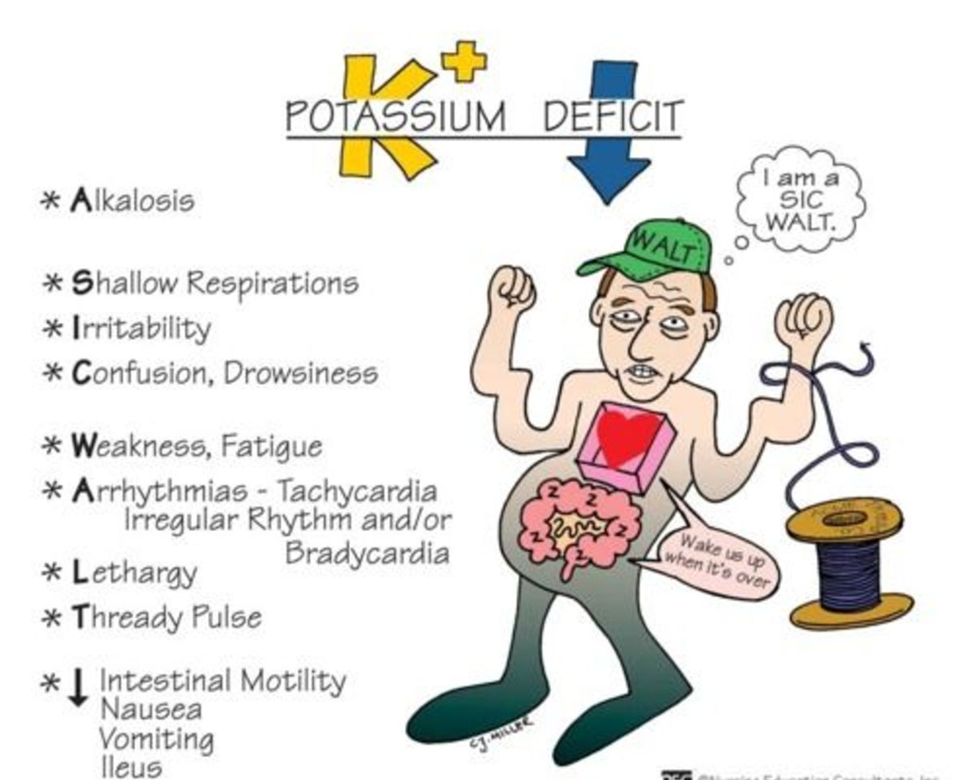A nurse is preparing a client who is scheduled for an echocardiogram the following day. Which of the following instructions should the nurse include about the test?
It requires lying quietly on one side."
It might cause slight discomfort in the chest area."
"It is best to have no food or beverages the day of the test."
"It takes about 5 or 10 minutes."
The Correct Answer is A
A. "It requires lying quietly on one side": This is the correct answer. During an echocardiogram, the client is typically asked to lie on their left side to obtain clear images of the heart. The test is non-invasive and involves using ultrasound waves to create images of the heart's structures.
B. "It might cause slight discomfort in the chest area": Echocardiograms are generally painless and do not cause discomfort. They are a non-invasive imaging technique that uses sound waves.
C. "It is best to have no food or beverages the day of the test": While the client may be instructed to avoid eating or drinking shortly before the test, this statement is too restrictive. The specific fasting instructions will be provided by the healthcare provider or facility.
D. "It takes about 5 or 10 minutes": The duration of an echocardiogram can vary, but it typically takes longer than 5 or 10 minutes. The test duration depends on various factors, including the complexity of the study and the information needed.
Nursing Test Bank
Naxlex Comprehensive Predictor Exams
Related Questions
Correct Answer is A
Explanation
A. Fatigue: Hypokalemia (low potassium levels) can lead to fatigue and weakness. Potassium is essential for proper muscle and nerve function, and a deficiency can result in muscle weakness and decreased energy levels.
B. Pitting edema: Pitting edema is more commonly associated with fluid retention, which can occur in heart failure. Hypokalemia is not typically a direct cause of pitting edema.
C. Dyspnea: Dyspnea (shortness of breath) is a symptom commonly associated with heart failure, and while potassium imbalance can affect cardiac function, it is not a specific manifestation of hypokalemia.
D. Oliguria: Oliguria (decreased urine output) is not a typical manifestation of hypokalemia. However, it can be associated with heart failure and other renal conditions.

Correct Answer is A
Explanation
A. "Increasing my intake of foods containing trans-fatty acids can lower my risk." - This statement is incorrect. Trans-fatty acids are associated with an increased risk of cardiovascular disease. The client should be advised to reduce or eliminate the consumption of foods containing trans fats.
B. "Adding foods containing omega-3 fatty acids to my diet can lower my risk." - This statement is correct. Omega-3 fatty acids, found in fish and certain plant sources, have been associated with a decreased risk of cardiovascular disease.
C. "A weight loss program can decrease my LDL cholesterol level." - This statement is correct. Weight loss, especially in the context of a healthy diet and regular exercise, can contribute to a decrease in LDL (low-density lipoprotein) cholesterol levels.
D. "Exercising regularly will increase HDL cholesterol levels." - This statement is correct. Regular exercise is associated with an increase in HDL (high-density lipoprotein) cholesterol, which is considered beneficial for heart health.
Whether you are a student looking to ace your exams or a practicing nurse seeking to enhance your expertise , our nursing education contents will empower you with the confidence and competence to make a difference in the lives of patients and become a respected leader in the healthcare field.
Visit Naxlex, invest in your future and unlock endless possibilities with our unparalleled nursing education contents today
Report Wrong Answer on the Current Question
Do you disagree with the answer? If yes, what is your expected answer? Explain.
Kindly be descriptive with the issue you are facing.
